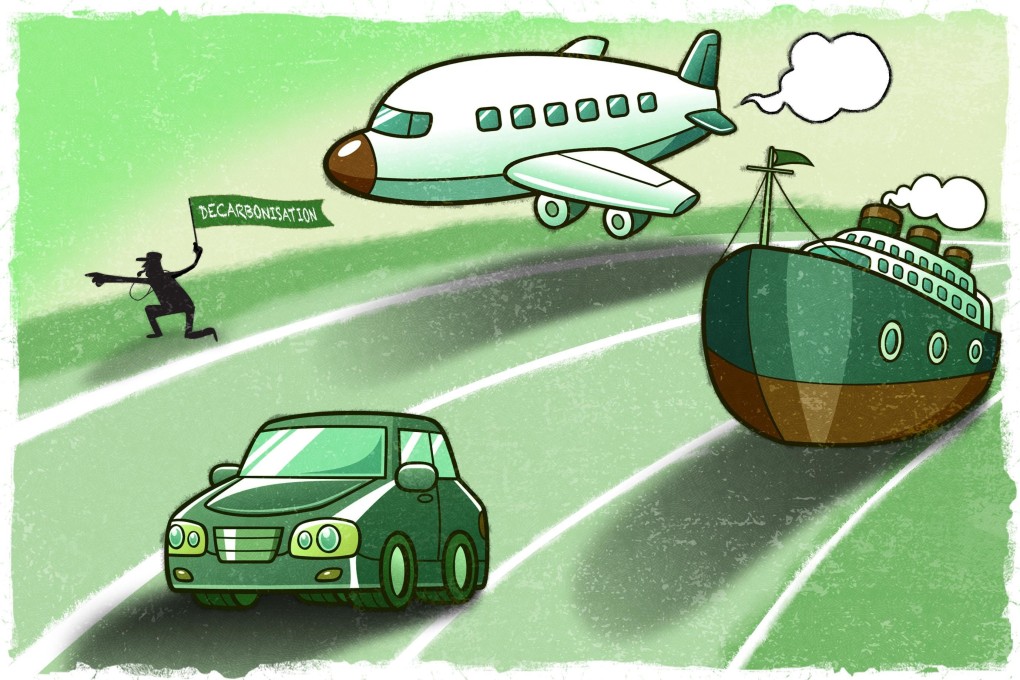Analysis | Climate change: is entrepreneurship the magic touch for turning zero-emission planes and ships into commercial reality?
- If left unabated, the aviation industry’s contribution to climate impact could reach 25 to 50 per cent by 2050
- While electric cars are already all the rage, zero-emission ships and planes are mostly research projects, unlikely to be commercially deployed for the next 15 years

ZeroAvia, based in the village of Cranfield north west of London, is aiming to start offering commercial flights by 2024, using aircraft with 10 to 20 seats with a range of 350 nautical miles (648 kilometres). The company plans to fly planes with the capacity for 80 passengers and 500-nautical mile range by 2026, and 100-seat, single-aisle jets by 2030.

ZeroAvia is one of many efforts racing to commercialise zero-emissions power sources for the shipping and aviation industries, as the world grapples with ways to reverse its reliance on fossil fuels. If the current usage is not abated, the aviation industry’s contribution to climate impact could reach 25 to 50 per cent by 2050, Miftakhov said.
The progress in aviation and shipping to decarbonise, or switch to non-oil power sources, has been slower than electric cars and trucks, even if the industry’s overall carbon footprint is smaller than road transport. Ships and planes generated 900 million tonnes of carbon emissions in 2018, compared with the 6 billion tonnes – 18 per cent of all energy-related emissions – generated by passenger and freight vehicles, according to the International Energy Agency (IEA).
